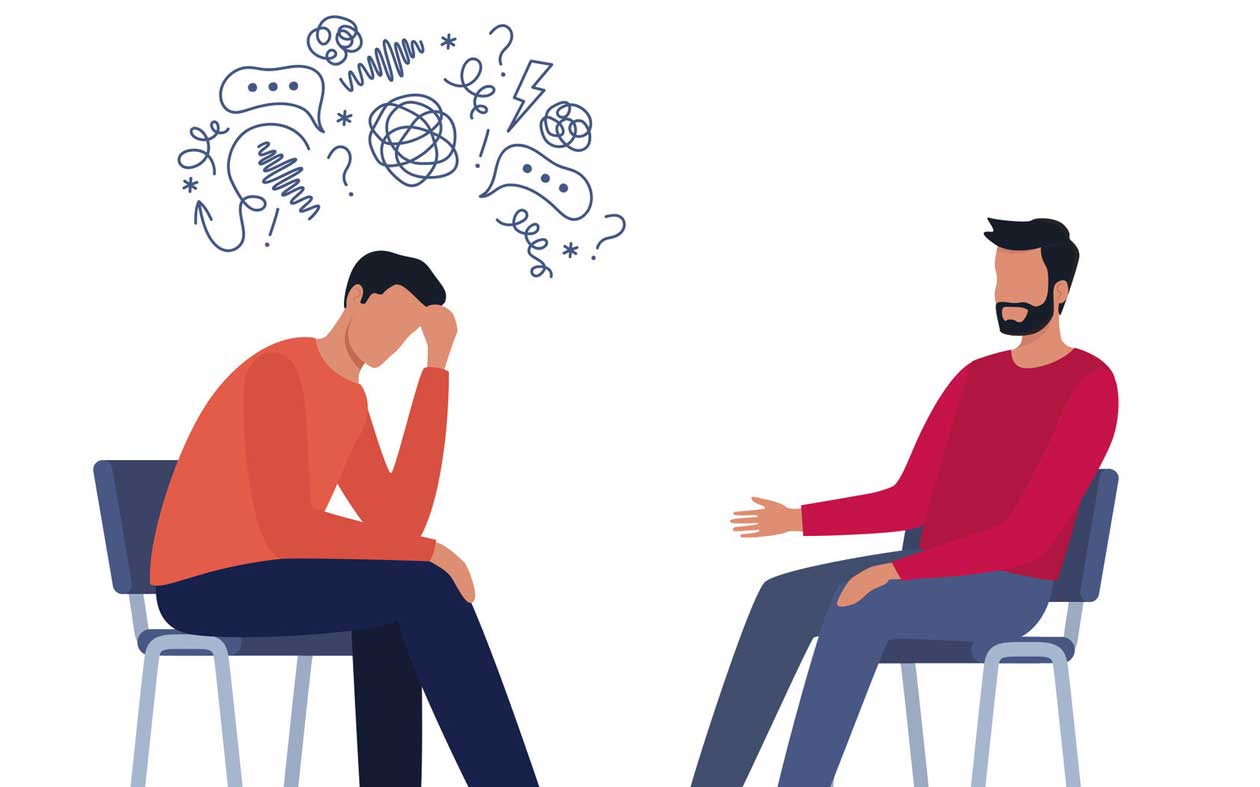
Talk Therapy
Talk therapy, also known as psychotherapy or counseling, is a form of mental health treatment that involves talking to a trained professional to explore and understand the thoughts, feelings, and behaviors that may be causing distress or difficulty in a person's life. This therapeutic approach aims to help individuals gain insight into their emotions, develop coping strategies, and make positive changes in their lives.
Book Your Session